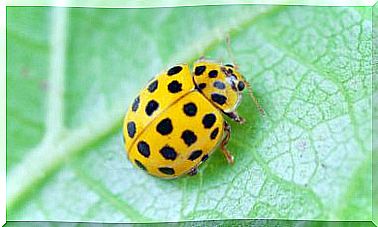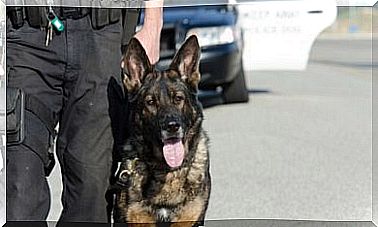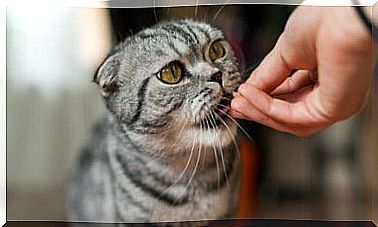Choosing A Pet Bird: Considerations

Choosing a bird as a pet requires knowledge and care to provide a suitable environment for the optimal development of the animal. Therefore, today we bring the main considerations to take into account before opting for a domestic bird.
Legal and responsible tenure
Wildlife trafficking is a harsh and sad reality that affects almost every country. It threatens the survival of many animals and encourages irresponsible ownership.
First of all, it is necessary to clarify that many species are not allowed as pets. In Spain, there is a large and detailed list of wild animals whose possession is illegal. It is essential to consult it before choosing a bird as a pet.
It is also necessary to remember that the captive breeding of birds at risk of extinction is considered a crime. The owner can be subjected to severe financial penalties, as well as legal penalties.
Therefore, it is a duty to make sure about the origin of the animal and to choose the establishment where to buy it responsibly. You should never negotiate with individuals or stores without official registration. In these cases, the risk of financing the black market for animal trafficking is very high.

What to consider before choosing a pet bird?
Having a pet is not a hobby, and animals are not disposable toys. They are living and sensitive beings that deserve and need respect, attention and dedication from their owners.
The word “bird” refers to a very large and diverse group of more than 300 species adapted to aerial life. Therefore, before choosing a bird as a pet, it is necessary to understand the needs of each species. Thus, regrets that put the welfare of the animal at risk can be avoided.
Next, we propose the main aspects to consider before deciding to have a bird as a pet.
1. Size and space available
There are birds of different sizes: from small quails and canaries to large parrots.
You should choose a species that can comfortably adapt to the space available in your home. Any animal can become ill and exhibit negative behaviors when subjected to an unfavorable environment.
2. Socialization and domestication
Another determining factor is the capacities for socialization and domestication. Like dogs, birds can be more or less easy to live with humans and other pets.
When it comes to a household with children, for example, the level of socialization of the bird must be high.
3. Owner’s experience level
It’s a basic rule of thumb for all pets: beginners should choose species that are easier to care for and handle. Dealing with large birds with many specific needs requires knowledge and a lot of time. The same is true if the future owner is a child.
4. Adjust budgets
Some birds can turn out to be really expensive pets. And not only for its purchase price in a legalized pet store. Also for dietary supplements, specialized veterinary care and appropriate care throughout his life.
Likewise, expenses such as conditioning the environment, toys, food and various accessories for the animal’s health must be considered.
5. Life expectancy
This is a very touchy subject for all domestic bird lovers and owners. Unfortunately, some species have a very short life expectancy and you need to be prepared.
Canaries, parakeets and goldfinches have a maximum life expectancy of 15 years. Cockatoos can live 12 to 20 years. While parrots and macaws reach more than 50 years of age.

Choosing a bird as a pet: necessary care for its well-being
A responsible owner must provide the proper growth and development conditions for their pet. For this, it is necessary to know the habits and care that she requires to live healthy.
A sick bird poses a risk not only to himself, but also to the home. Therefore, we point out the main aspects of responsible breeding of a domestic bird:
- Balanced and natural diet, including seeds, grains and suitable for strengthening.
- Toys and infrastructure that encourage their physical and emotional development.
- Preventive medicine : visits to the vet, deworming, vaccination, proper hygiene, etc.
- Choose a cage suitable for its size.
- Suitable environment, seeking to recreate the optimal conditions of its natural habitat.
- Prevention of cold, heat and bad weather.
- Training and socialization.
- Love, affection and respect.
Responsible ownership is valid for all species.









